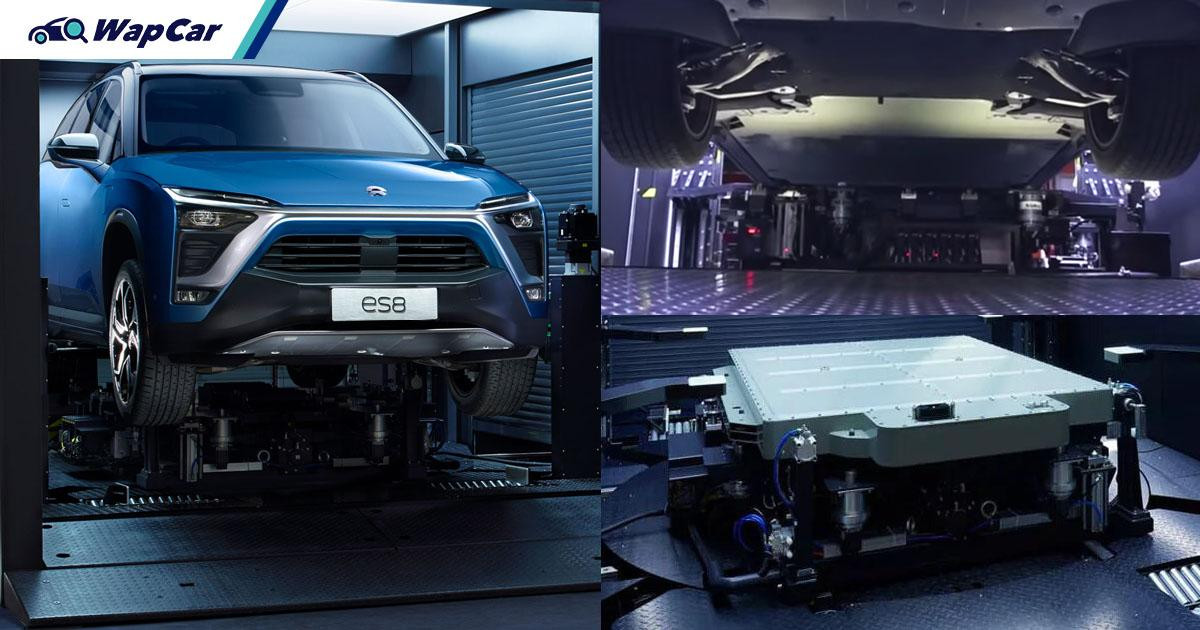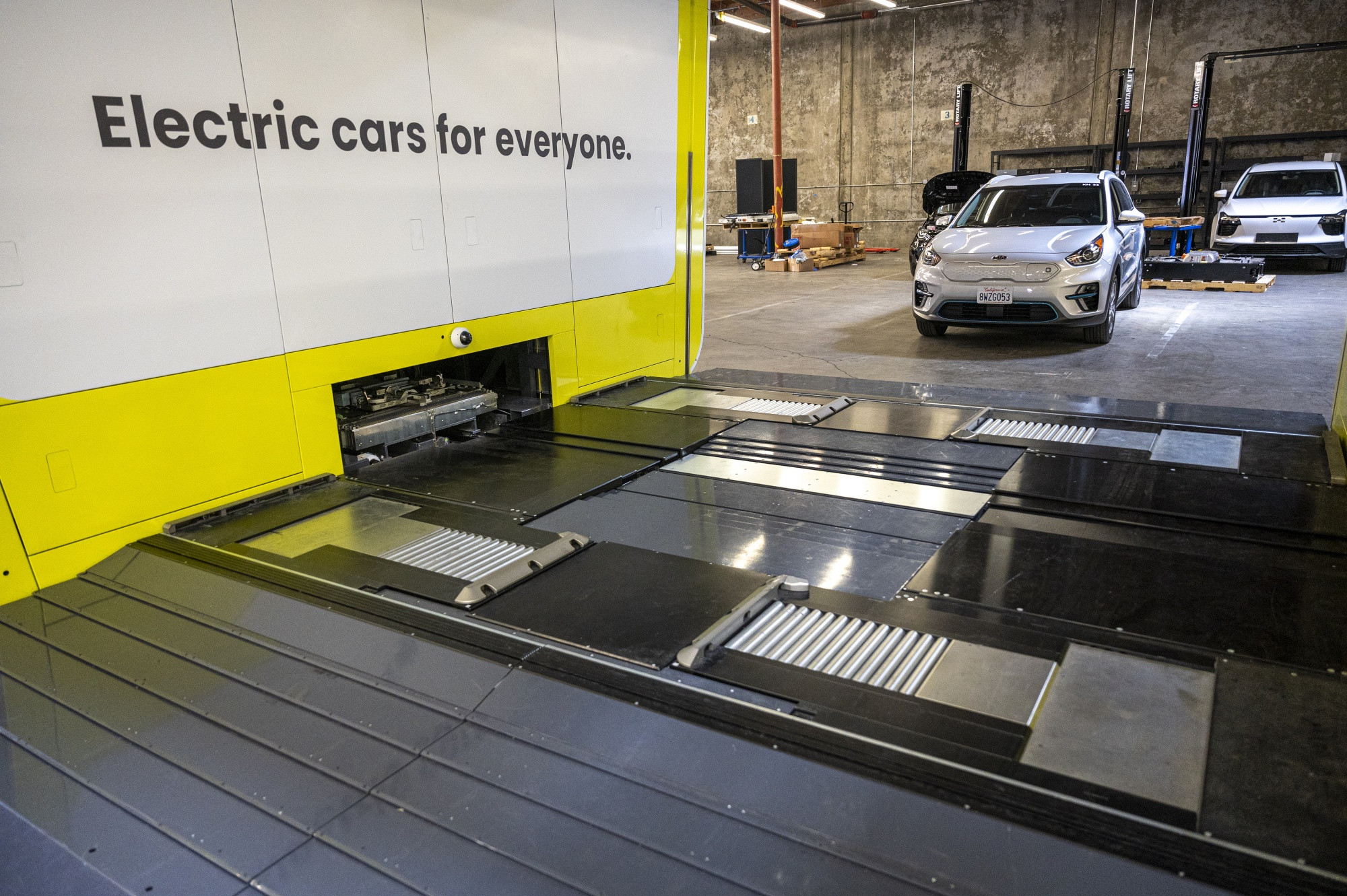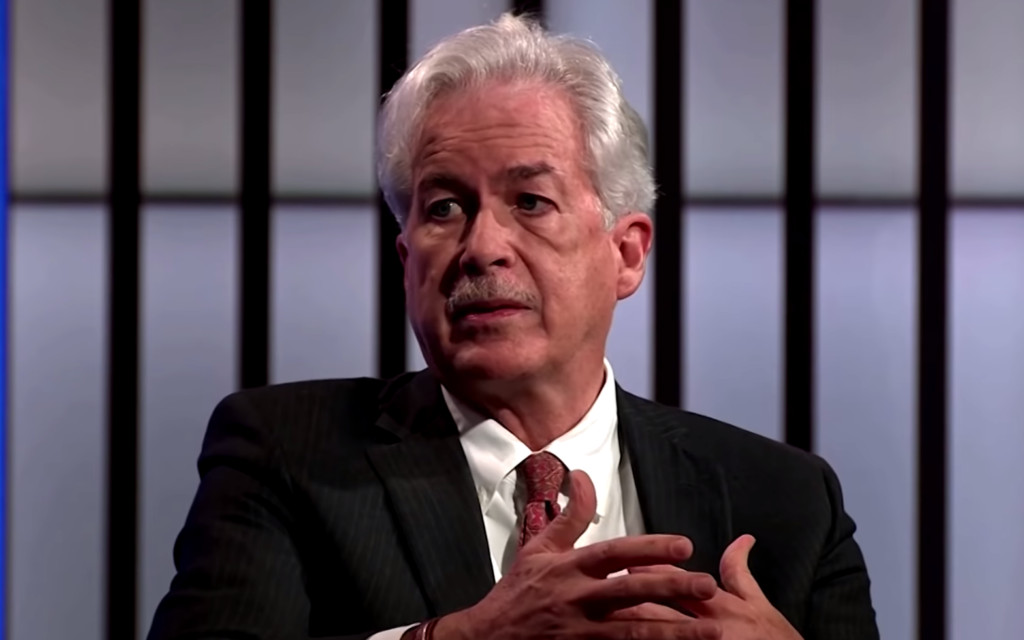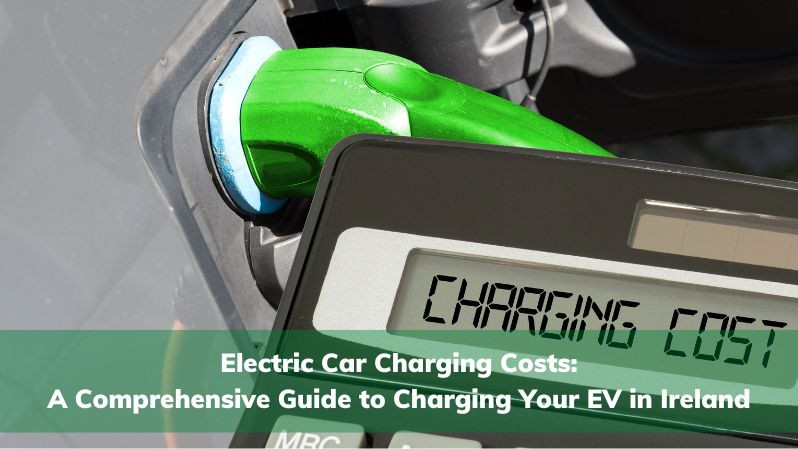The Rebirth of Battery Swapping: A Solution to EV Adoption Challenges?
The idea of battery swap-outs hasn’t quite gone away. A decade ago, battery swapping was considered to be the answer to fears of having to sit waiting on a slow charger when you just wanted to get somewhere in a newfangled EV.
Renault developed a prototype battery swapping capability for its Fluence EV in the early 2010s, working with EV expert company Better Place. However, the tech proved expensive, and that was before considering the expense of setting up nationwide networks of battery swapping stations so that you could call in on a long journey.
The idea has persisted though, and recently Chinese electric car maker Nio said it was going to start establishing battery swapping stations in Europe, with 30 stations opening up, mostly across Scandinavia.
The advantage over the old Renault Fluence is that with Nio’s current line-up, if there’s no battery swapping station available, you can just fall back on regular fast-charging points. Nio’s ET5 estate, for example, can cover 560km on one charge.
Rival Chinese company Geely has also shown interest in battery swaps, which means the tech could be coming to cars from Volvo and Polestar in the coming years. Nio claims it can swap a battery in about three minutes, and that the car’s battery capacity can be swapped out while you own it – allowing you to use a smaller, cheaper battery for your daily driving and then a big, long-range battery for holidays, for example.
Fiat too has talked about this for future electric models, giving you a cheaper purchase price up-front for a car with a small battery, but building its batteries in separate modules so that extra battery capacity can be bought or rented during your ownership of the car.
Each of Nio’s battery swap stations comes with a 2-megawatt storage capacity, which can feed power back to the grid at peak times, as well as using overnight wind energy to charge up, acting as a “power sink” for renewable energy.
Battery Swapping: Addressing the EV Adoption Hurdles
As EVs rise in popularity, battery-swapping technology is the need of the hour to solve some of the major issues of EV adoption, like range anxiety, long charging times, and higher upfront TCO.
Overcoming Range Anxiety and Charging Times
Battery Swapping allows drivers to replace a depleted battery with a fully charged one in mere minutes. This reduces the downtime by a huge percentage compared to traditional charging. In India, the EV market is still in its infancy. The success of the battery-swapping network depends on Standardisation. Along with innovation in battery technology, compatibility or interoperability across vehicles and battery swapping stations is also crucial for widespread adoption.
The total E2W sold in 2023–24 were 910,930 units of electric two-wheelers. Therefore, the infrastructure to support this growth must be in tandem. As mentioned, one of the biggest issues of EV adoption is range anxiety. Traditional charging methods, even with fast chargers, can take up to 30 minutes to several hours, which is inconvenient for individual users and results in loss of business for gig workers. Battery swapping offers a respite from this issue by enabling quick changes at the swapping station. As per research, with battery swapping gig workers can earn up to INR 200-300 more per day.
Reducing the Upfront Cost of EV Ownership
Battery swapping also mitigates issues such as high upfront costs for EV buyers, especially fleet owners. Instead of purchasing the battery, the buyers can subscribe to Battery-as-a-Service. This reduces the initial TCO by approximately 40%. So, it is evident that battery swapping is the knight in shining armour for the EV sector. However, the absence of Standardisation is creating roadblocks in rolling out this module at a larger scale.
The Balancing Act: Innovation vs. Interoperability
The Conflict between Innovation and Interoperability
The conflict between innovation and interoperability:Innovation in battery technology is the need of the hour, especially to improve EV performance, cost, and safety. Different brands are working actively on battery innovations and BMS. However, this has also resulted in the lack of uniformity. A battery for one brand may not be compatible with other brands, which will eventually lead to inefficiencies in battery swapping infrastructure.
Whereas, interoperability, which means the ability of a single battery type to be used across various EV brand models, is important for the economic viability of battery swapping stations. Without this compatibility, swapping stations would need to stock multiple types of batteries. This will lead to operational inefficiencies, complexity, and increased cost.
Standardisation: The Key to Widespread Adoption
Therefore, global Standardisation keeping both innovation and interoperability in mind is important. Here’s why:
-
Physical dimensions and connection: If manufacturers work on universal battery sizes and connection points, different EVs could use the same battery, which is a huge win for battery swapping.
-
BMS: Battery Management Systems are the lifelines of batteries. A uniform communication protocol between batteries and EV systems can ensure that batteries are efficiently managed across different platforms.
-
Battery Performance: Standardisation is the need of the hour. While full standardisation of battery chemistry may not be possible in the short term as it is still a new sector, and there is an emphasis on innovation. However, in the long run, some kind of standardisation around battery performance is important for safety standards.
Challenges and Opportunities for Battery Swapping Standardisation
Challenges in Industry Standardisation
While standardisation is the way forward for the future of e-mobility, it is still a slightly tall order. As an industry, EVs are still in the nascent stage. There are a few hurdles that need to be taken care of before standardisation in battery swapping:
-
Technology ownership: The idea of developing new tech begets the IP. Manufacturers may be hesitant to adopt uniform standards as they might miss out on the competitive advantages or a differentiating factor from proprietary battery designs.
-
Regulatory hurdle: Battery swapping standardisation will need governments and regulatory bodies worldwide to work in tandem and align their policies.
-
Cost of Retrofitting: Many existing EV models are not built for battery swapping, and these would need significant retrofitting to comply with new standards. This adds costs that manufacturers might be reluctant to bear.
Collaboration is Key
Collaboration between technology providers, automakers, and governments is crucial to achieving the necessary balance between innovation and standardisation in battery swapping. Policymakers need to lead efforts to establish global standards, while manufacturers need to view interoperability as an opportunity rather than a limitation.
The Future of Battery Swapping: A Promising Outlook
The global push towards electric mobility, coupled with the growing demand for convenient and cost-effective charging solutions, is propelling the adoption of battery swapping technology. As the industry progresses, we can expect to see further innovations, standardisation efforts, and widespread deployment of battery swapping stations, transforming the way we charge and drive electric vehicles.
Beyond Battery Swapping: The Rise of Battery-as-a-Service (BaaS)
The efforts of global governments to promote the electrification of car parcs in order to make transportation more sustainable are encountering several challenges. Among them are the high costs associated with batteries, lower range, and charging infrastructure. Battery as a service (BaaS) and battery swapping have emerged as trending topics of discussion among companies, as these can reduce the cost of ownership while addressing the other challenges as well, according to data and analytics company GlobalData.
The United States administration is emphasizing electric vehicles hugely, and there has been a target to get 50% of new sales registered by 2030. Such policies are nudging automakers to think in terms of swappable battery options and pushing the boundaries much further for the market.
Growth Drivers for BaaS
Growth in the battery technology segment has been another key reason for this market to grow. Improvements made to lithium-ion and the development of solid-state batteries have improved energy density and decreased charging time. Due to the drastic reduction in battery cost it is anticipated to fall by 60% by 2030, swappable battery systems are gradually becoming more financially viable for any customer and enterprise. Development does not only lead to having better user experiences but also helps to overcome various major issues with the maintenance of battery lifespans.
User Demand for Convenience and Cost Savings
Demand for convenience and cost-saving by the consumer is driving the market. Demand for easier transportation solutions has never been higher with growing urbanization. Swapping batteries allow users to swap their spent ones with fresh ones at the charging stations, minimizing downtime and range anxiety. This will prove more attractive for fleet operators and ride-sharing services with minimizing time inefficiency translating directly into monetary savings as well as enhanced service levels.
Regional Analysis
The Asia-Pacific region is the largest market now, due to large investments from countries like China and Japan through electric mobility and battery technologies. Government policies favouring electric vehicles and associated infrastructure development are giving a boost to adoption of swappable battery systems in China. This region is a significant market for players.
North America, especially the United States, represents one of the most promising markets for swappable batteries, mainly due to government campaigns and people's increased interest in electric vehicles. Europe also seems to be in the upward direction; several countries are interested in opening their markets to EVs with associated battery-swapping facilities.
The Future of Battery Swapping: A Promising Outlook
The global push towards electric mobility, coupled with the growing demand for convenient and cost-effective charging solutions, is propelling the adoption of battery swapping technology. As the industry progresses, we can expect to see further innovations, standardisation efforts, and widespread deployment of battery swapping stations, transforming the way we charge and drive electric vehicles.
Final Thoughts
The future of battery swapping is bright, with the potential to revolutionize the electric vehicle charging experience. With continued innovation, standardisation, and collaboration, battery swapping could become a mainstream solution, making electric vehicle ownership more accessible and convenient for everyone.


















